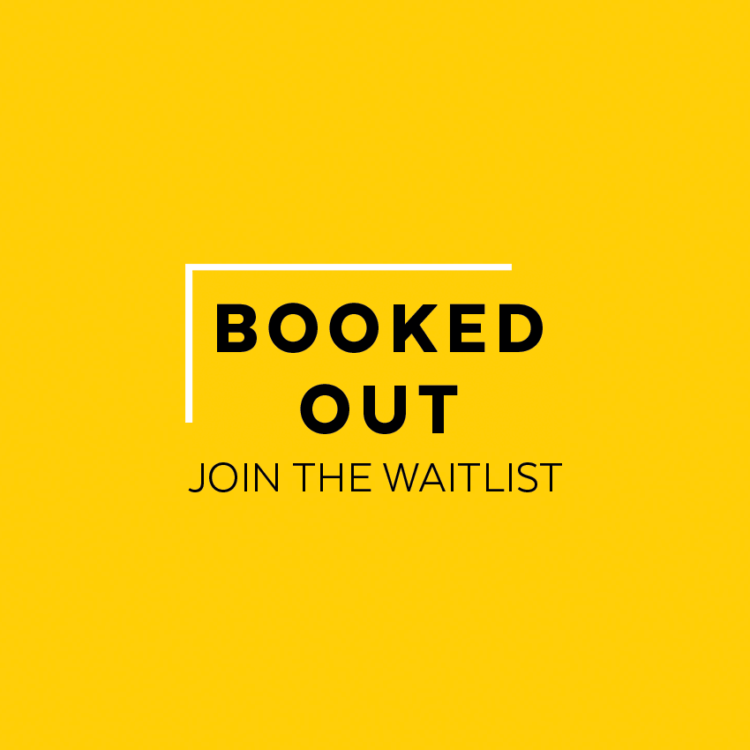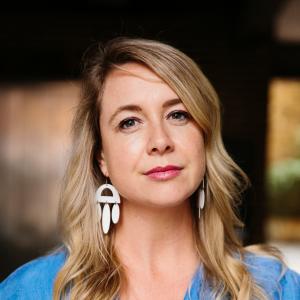Across the span of nine months, award-winning author Rebecca Giggs will lead you through the process of writing engaging and authentic nonfiction: coming up with a promising concept; planning your research, from interviewing and deep reading through to immersive adventures; crafting memorable scenes and unforgettable stories; and rewriting (and rewriting, and rewriting) your drafts, until your words do justice to the world they describe.
Nonfiction can, in many cases, be sold to a publisher off the strength of a book proposal and a set of sample chapters. In this intensive, practical program you will be taught the essentials of putting together a solid working document to show to agents and publishers as a ‘proof of concept.’ With this in mind, and building on the foundational skills of writing nonfiction – concept proofing, research and reporting, genre conventions, understanding personal connection to material, structure and form – the second half of the program is designed to give you dedicated space to begin building a compelling and captivating book proposal.
You will have time and expert guidance to develop strong sample chapters, and a synopsis with genuine cut-through that demonstrates this is the book that only you can write. You will develop a clear understanding of how your manuscript might fit in the marketplace and who its readers will be.
With a reading list and guest speakers from around Australia who are experts in creative nonfiction, this program will connect you with the industry and help you think about your work with your ideal readers in mind. Using a combination of targeted writing exercises, group discussion and focused feedback sessions, this course will be centred on your own writing, with the aim of ending the course heading towards a substantial first draft of your manuscript and a compelling proposal to present to potential agents and publishers.
Students who complete Writing Creative Nonfiction will have their work featured in a special nonfiction edition of our highly sought-after Faber Writing Anthology, a professionally edited and printed showcase of student work, sent to leading literary agents and publishers across both Australia and the United Kingdom.
Your course includes:
- Publication in the Faber Writing Anthology
- A complimentary copy of a recent A&U publication
- On completion of the course, alumni discounts on future Faber Writing Academy courses and books from the Allen & Unwin website.




